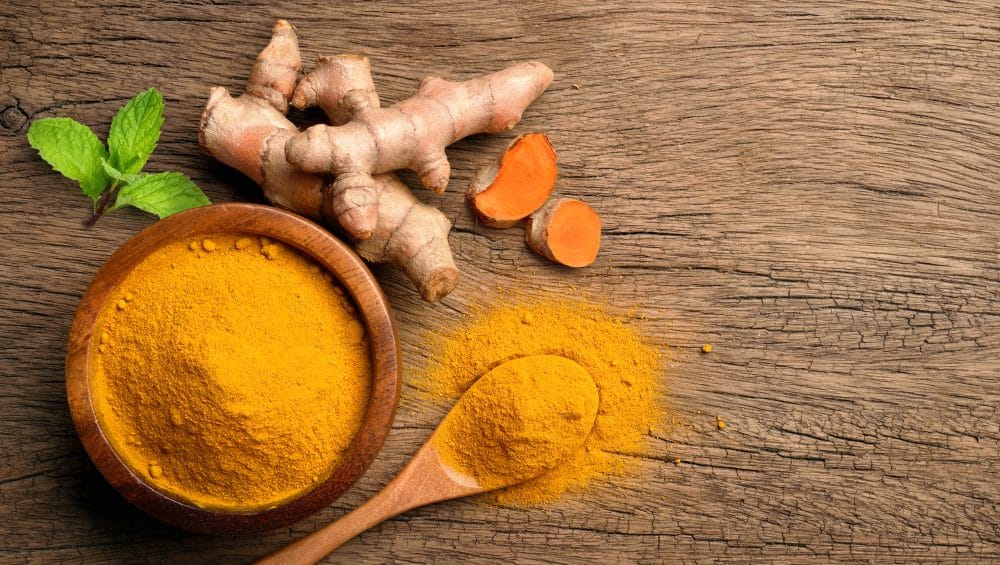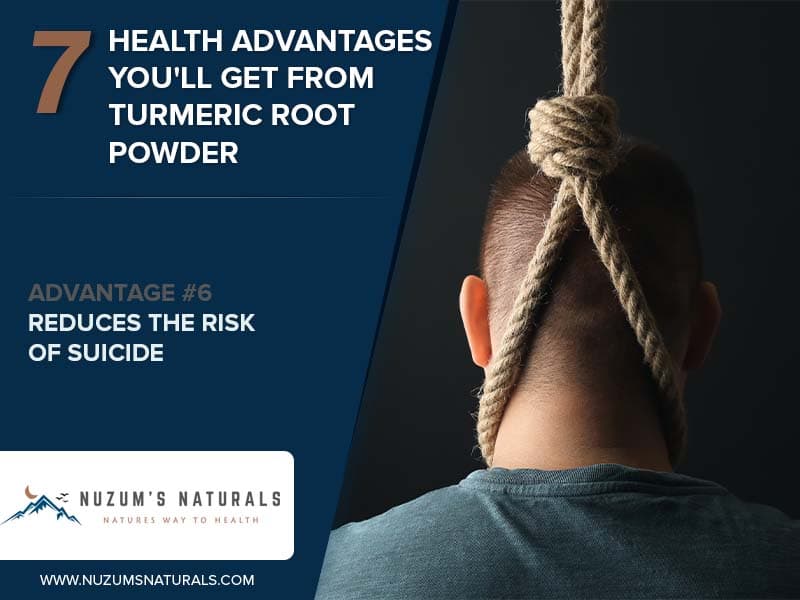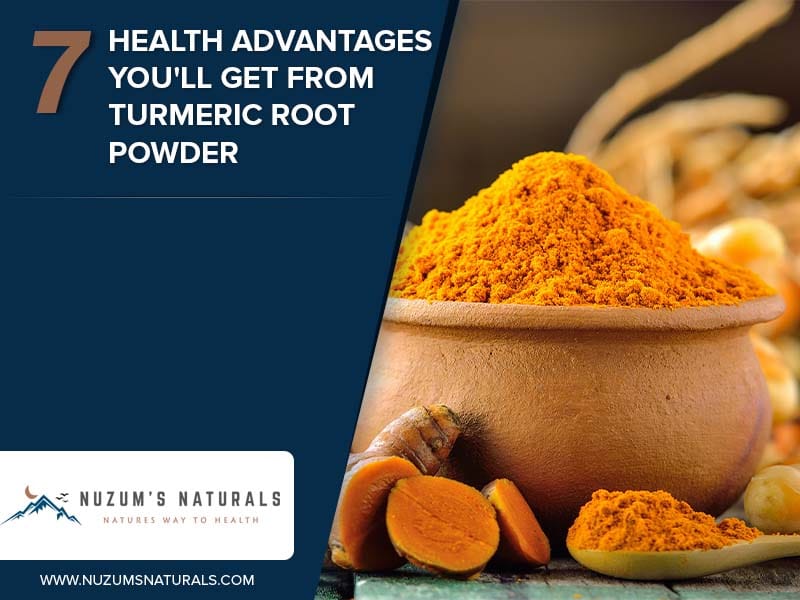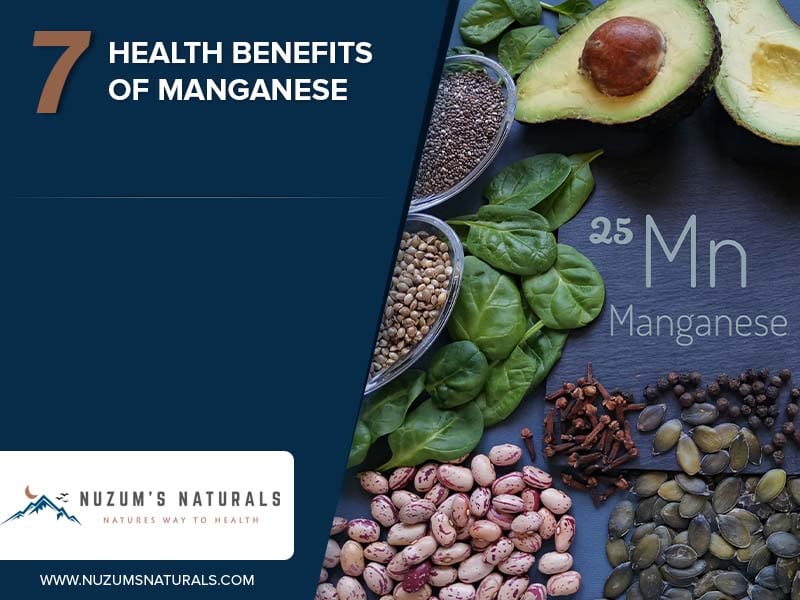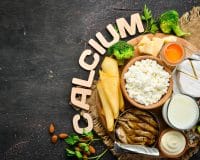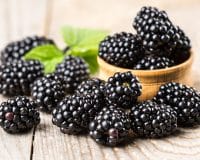4 Perks Of Bel Essence All-Natural Anti-Wrinkle Treatment
As you age, your skin develops wrinkles – especially on your face because of collagen loss. But fortunately, you don’t have to keep these wrinkles and fine lines on your face permanently. There are plenty of ways to soften them or even eliminate them. On the plus side, when you end up with rejuvenated and youthful-looking skin, it can boost your self-confidence and leave you looking and feeling happier and younger. Products like Bel Essence’s all-natural anti-wrinkle treatment can help because it reduces lines and wrinkles around the face and can also get rid of crow’s feet around the eyes.
In this article, we’ll talk about some of the other benefits that Bel Essence’s all-natural anti-wrinkle treatment has. First, we’ll talk about its natural ingredients and healing benefits. Then, we’ll talk about how it’s suitable for varied skin types. And finally, we’ll close with its cosmetic perks.

1It’s Full Of Natural Vitamins And Oils
This natural treatment is one of the best for your skin because it doesn’t have several of the chemicals that are in other facial treatments. The cream contains vitamins A, B, D, and E. All of these are essential vitamins for anti-aging and softer skin.
Not only does it have all of those vitamins that are beneficial for your skin, but it also has antioxidants. These will reduce the effects of aging and can also help protect your skin from the harmful effects of free radicals. The treatment also uses natural oils, so you’ll get omega-3 acids, which help rejuvenate your skin.

2It Heals The Skin Naturally
By using the cream on a consistent basis, you can get rid of the wrinkles and fine lines completely. The Bel Essence’s treatment has nine oils, including shea, coconut, avocado, almond, grape seed, and more. The coconut and shea oils work to keep your skin moisturized and can reverse the effects of damage, like sunburns and scars.
Sesame and almond oils, which are both in this cream, are known to reduce dark circles under the eyes. Other oils in this treatment cream keep moisture in the skin, which helps it look younger and healthier. These are just some of the benefits that Bel Essence can have for your skin.

3It’s Good For Varied Skin Types
It’s great for both those with dry skin as well as oily skin. The cream does have a slight fragrance to it, like vanilla, but it’s not overpowering. It feels light on the skin and has a soft texture.
The cream is also excellent for those with a pale complexion or sensitive skin. It’s gentle enough that it doesn’t cause breakouts. No matter where the wrinkles are on your face, this treatment from Bel Essence gives great results because of the natural vitamins and oils that it contains.

4Evens Your Skin Tone And Softens Your Skin
These nine oils combined create a natural cream that, when used continually, can even out your skin tone. The cream feels a little greasy going on. But after a minute or two, it soaks in, leaving your skin feeling softer.
The cream should be applied every night before you head to bed. But it can also be applied very lightly in the morning. You can apply makeup on top of it as long as the cream has dissipated entirely before putting on your makeup.

Now, you have a good idea of what Bel Essence can do for you. In this article, we talked about some of the amazing benefits that Bel Essence’s all-natural anti-wrinkle treatment has. First, we talked about its natural ingredients and healing benefits. Then, we discussed how it’s good for varied skin types. And finally, we closed with its cosmetic perks.
It’s natural for your skin, especially facial skin, to wrinkle with age. But you don’t have to keep these wrinkles and fine lines on your face forever! Now, you know one of the great ways to soften them or even eliminate them.















